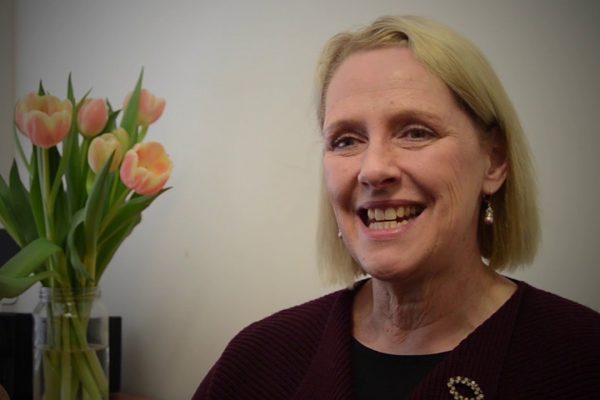Still fresh in our minds are the many lockdowns and extreme rules during the height of the pandemic. Movements were restricted and strictly enforced with on-the-spot fines. Some even compared the new world we were living in to a prison. Our way of life was altered like never before. No one escaped this reality of our time.
Leprosy in the first century was believed to be contagious. Lepers had to be set apart for medical reasons but worst of all a leper was cut off from the rest of society, effectively, devoid of human contact. To be a leper is like being imprisoned.
The psychological impact of prolonged lockdown and limited human interaction was evident with the government pouring additional resources in response to the surge in cases of mental health issues. Although we have come a long way it is important to recognise the phases of transition from being cautious to a slow re-integration, we are now truly in the phase of near normality, those dreadful weeks and months are well and truly behind us. Thanks to the enormous data and information collated over such a period has helped our understanding of epidemiology and psychology in a new and enlightening way.
The cure of this leper who returns to thank Jesus is extraordinary on many levels. His foreign status highlighted the mercy of God extends beyond a certain class of believers or race. The foreigner is freed from the narrow understanding of God that the other 9 lepers have. There are other kinds of imprisonment that people can experience, of the mind and of the spirit. Jesus comes to free us all in all forms, body, mind, and spirit just as the foreigner experienced. This gospel should inspire us to explore the different ways we can free people, from homelessness, poverty, discrimination or from whatever weights them down.
By Fr Hoang Dinh




Comments
Add Comment